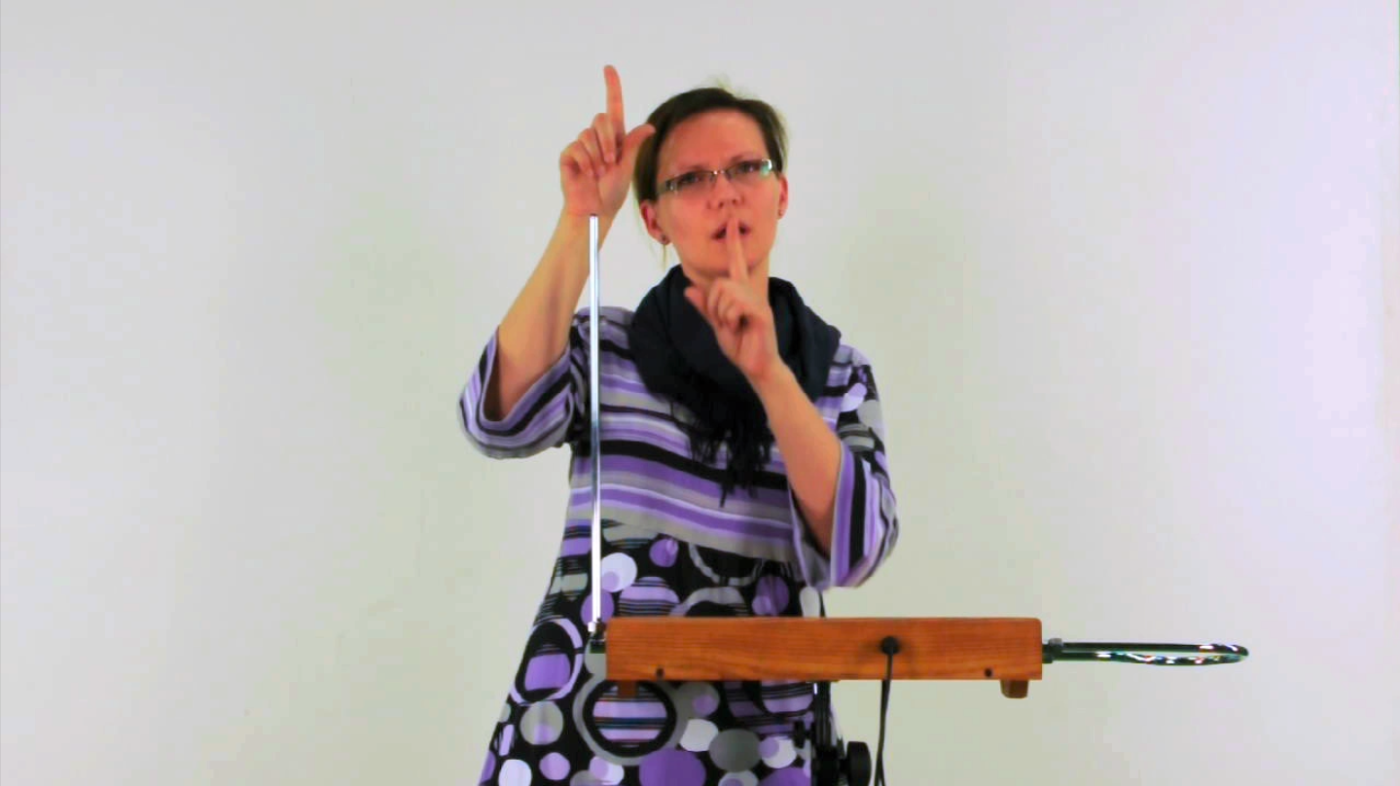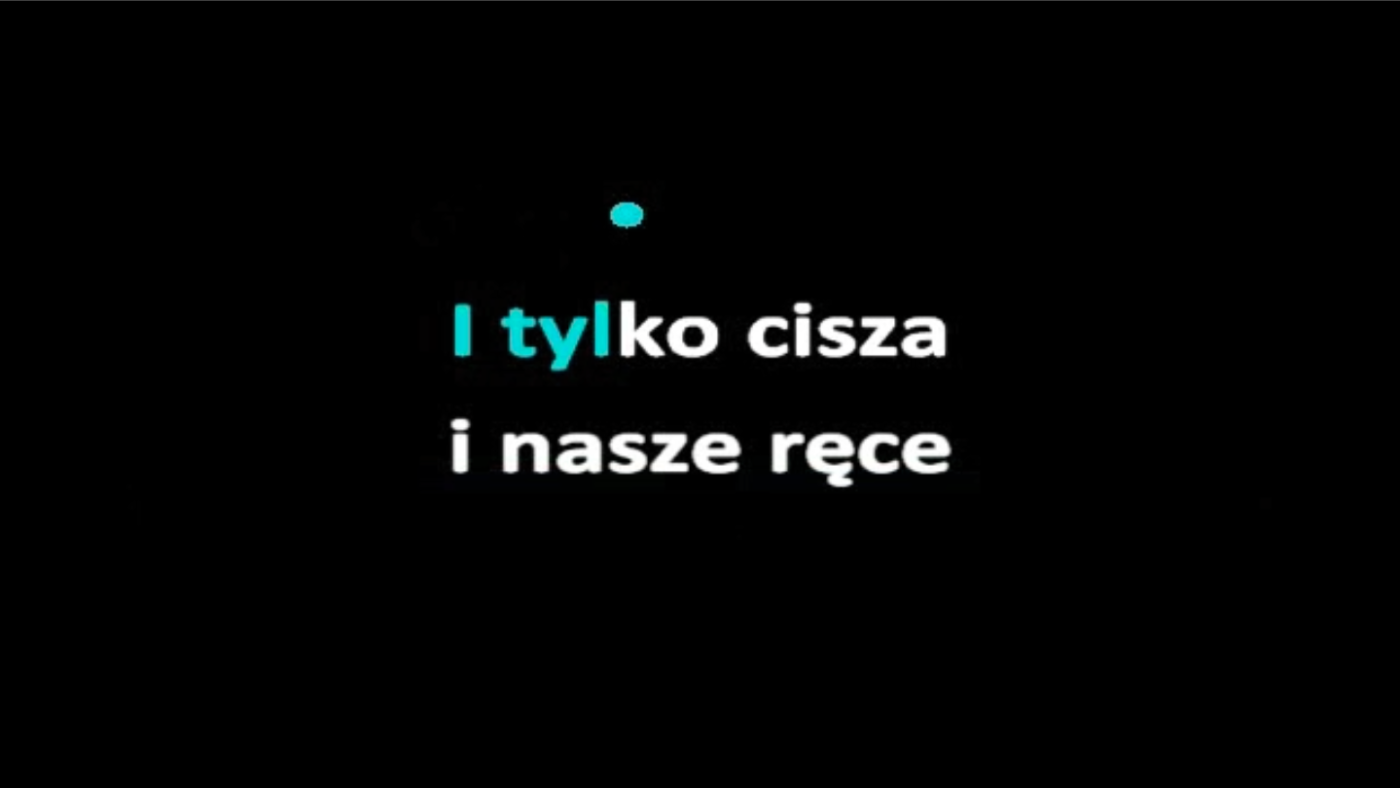(b. 1978, lives in Wrocław) studied sculpture at the Eugeniusz Geppert Academy of Fine Arts in Wrocław and the School of Sculpture of the Edinburgh College of Art, as well as Public Art and New Artistic Strategies at the Bauhaus-Universität in Weimar. She is currently assistant professor at the Faculty of Sculpture and Art Mediation at the Academy of Fine Arts in Wrocław. She works with various media, such as sculpture, film, photography, performance, and installation, selecting them specifically for the given site. The main field of her interest is public space. Freino works with it both in relation to the material tissue of a given place and the practices of creating social relations in the media, imagination and collective memory environments. She pays special attention to mechanisms through which minorities are excluded or uncomfortable facts from the past are erased to ensure national or local unity. Freino’s projects are not limited to raising awareness of the abuses perpetrated by the majority, but also suggest opportunities for change.
Karaoke, 2013, video installation, courtesy of the artist in association with:
Dominika Peciakowska (sign language)
Daniel Brożek (sound)
The work incorporates the song Nic nie może przecież wiecznie trwać (music by Romuald Lipko, lyrics by Andrzej Mogielnicki)
Karaoke consists of two sonically complementary films played on two opposite walls, which creates the illusion of watching a karaoke session.
One film is a karaoke of the hit song Nic nie może przecież wiecznie trwać [Nothing Can Last Forever], famously performed by Anna Jantar. Both the video image (the text of the song displayed in the rhythm of the melody) and the no-vocals music background have been created by the author, but they follow the standard aesthetic canons of karaoke performances.
The second film shows a woman reading the karaoke lyrics, using sign-language gestures, in the electromagnetic field of the Theremin instrument, which generates sound. Invented in 1928 by the Soviet scientist Leo Termen, the instrument is a symbol of dreams about crossing the limits of musical expression. The emotional charge of Jantar’s hit, on the other hand, carries the promise, characteristic for popular culture, of being accessible to “everyone.”
Freino does not unify the means of communication between the hearing majority and the deaf minority with Theremin in this karaoke session, but rather invites us to delve into their unequal difference.
[based on materials from the artist’s website: karolinafreino.com]


Venue
Sala Szeptów, ul. Sowińskiego 3












